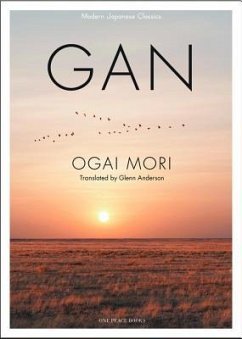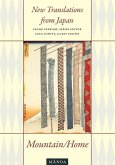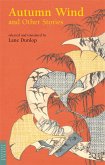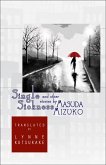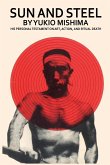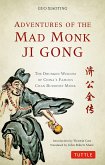Gan (geese) evokes Meiji-era Tokyo: its alleyways, rivers, mansions, poverty, and occasionally tense class interactions. Okada, a student at the most prestigious university in Japan becomes entangled in the romance of a disenfranchised woman and an ethically suspect merchant. At a time of rapid social change, Mori examines the social and economic pressures that continue to bind it's characters, who yearn for freedom. Circumstance, rigid social structure, and the familial and financial obligations drive the characters forward to Gan's powerful ending. Notable for it's deep exploration of character motivation, as well as its wonderfully elaborate female characters, Gan is an exceptional example of early 20th century Japanese Literature. It looks on a changing world, explores its faults and glimmers of hope, and lingers for a moment, bittersweet, at the thought of it's passing.
Hinweis: Dieser Artikel kann nur an eine deutsche Lieferadresse ausgeliefert werden.
Hinweis: Dieser Artikel kann nur an eine deutsche Lieferadresse ausgeliefert werden.

